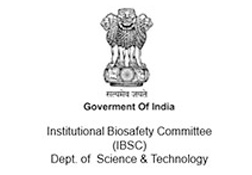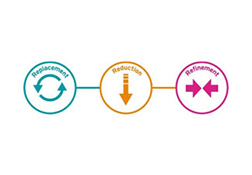More about iPSC platform
Induced pluripotent stem cell (iPSC) technology has emerged as a state-of-the-art tool in drug discovery, integrating molecular biology, genetics, and cellular physiology to advance the modelling human diseases and discovering new treatments. Unlike animal models, iPSCs can differentiate into various cellular subtypes, allowing for the creation of more accurate disease models. This technology enables researchers to conduct mechanistic studies, screen for new drugs, and identify targets of interest. Our expertise in iPSC technology offers tailored solutions for generating iPSC clones suitable for cellular assays and screening, characterization, differentiation into multiple lineages, genome editing using CRISPR, disease modelling, disease mechanisms, drug screening for efficacy and toxicity, personalized medicine, biological relevance and in vitro assays using iPSC derivatives. This technology also helps reduce the use of animal models, making it a valuable tool for researchers seeking to accelerate the discovery of new treatments

Disease Areas
- Neurology
- Metabolic
- Cardiac
- Pain
- Inflammation





Assay Types
- Compound Screening
- Drug Sensitivity & Resistance Assays
- Cytotoxisity Assays - 2D/3D Organoids
- Genetic Modifications
- Viability Assays
- Apoptosis Assays
- Drug Resistance Assays
- Mitochondrial Functions
- ATP Production
- Glucose Uptake Assays
- Oxidative Stress Markers
- Cytochore P450 (CYP) Enzyme Activity
- Glucose & Lipid Metabolism Assays
- Drug Metabolism & Toxicity Screening
- Biomarkers
- Gene Expression
- Protein Expression
- Cytokine Analysis
- Immunohistochemistry (IHC)
- Immunocytochemistry (ICC)
iPSC Derived Models
- Hepatocytes
- Cardiomyocytes
- Neurons
- Pancreatic
Readouts
- Imaging
- Plate Readers
- qPCR
- ELISA
- Western Blotting
- Flow cytometry




